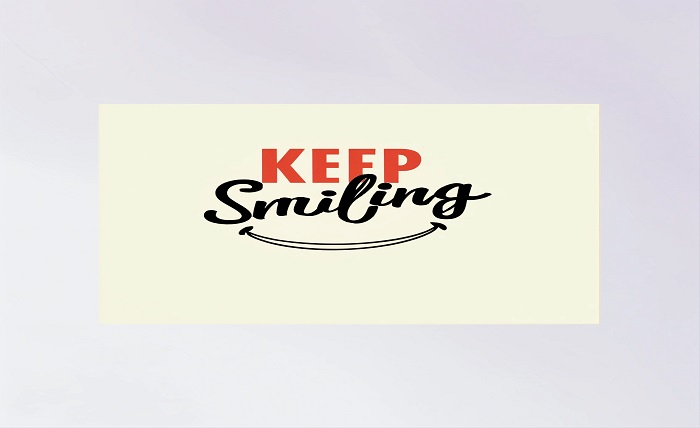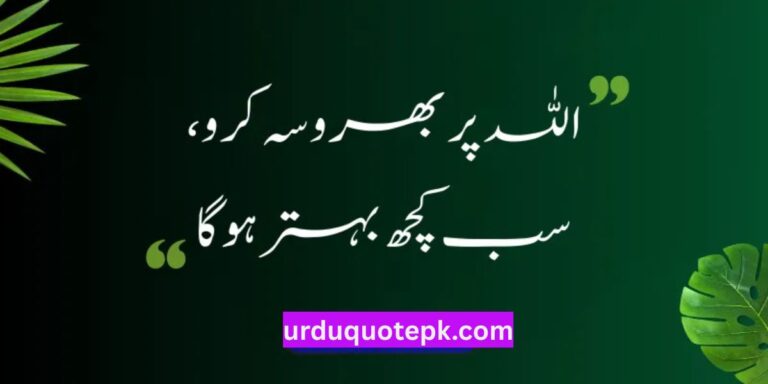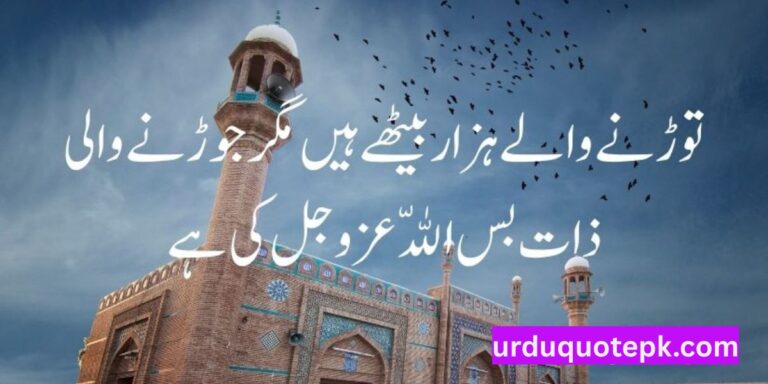The Power of a Few Words: Your Ultimate Guide to the World’s Best Quotes
In a world overflowing with information, where we are constantly bombarded by lengthy articles, endless social media feeds, and hour-long podcasts, there is something uniquely powerful about brevity. A single, perfectly crafted sentence can cut through the noise, resonate deep within our souls, and change our entire perspective in an instant. These are the best quotes, the condensed capsules of wisdom, wit, and experience that have been passed down through generations. But what elevates a simple string of words into the pantheon of the best quotes? It is more than just clever phrasing; it is their ability to encapsulate a universal truth, to provide comfort in moments of distress, to offer a spark of motivation when our energy is low, and to articulate a feeling we struggled to name. The best quotes serve as intellectual and emotional shortcuts, granting us access to the greatest minds and most profound experiences in history, all in a format we can remember and carry with us wherever we go.
What Makes a Quote Truly “The Best”? The Anatomy of Timelessness
Not every memorable line qualifies as one of the best quotes. The distinction lies in a combination of key attributes that give a quote its enduring power. First and foremost is universal resonance. The best quotes speak to a fundamental human experience—love, loss, ambition, fear, joy. They articulate something that millions of people have felt but perhaps never so eloquently expressed. When you hear, “The journey of a thousand miles begins with a single step,” its attribution to Lao Tzu matters less than the universal truth it captures about overcoming daunting tasks.
Secondly, the best quotes possess brevity and precision. Their power is often in their conciseness. They are distilled wisdom, stripped of all superfluous language. Think of Shakespeare’s “To be, or not to be.” Four words that launch a profound exploration of existence. This leads to the third quality: memorability. The best quotes often have a certain rhythm, use alliteration, or employ a powerful metaphor that makes them stick in our minds like a song chorus. Finally, there is authenticity and depth. A truly great quote offers layers of meaning. You can return to it at different stages of your life and discover new insights each time. It’s this combination of relatability, concise power, memorability, and depth that separates the best quotes from merely good ones.
A Whisper from the Past: The Historical Journey of Memorable Quotations
The human desire to capture and preserve wisdom in pithy statements is as old as civilization itself. Long before the internet and books, the best quotes were transmitted orally. Ancient texts from every culture are treasure troves of these condensed teachings. The aphorisms of Confucius in China, the sutras of the Vedas in India, and the maxims of the Greek philosophers like Socrates and Aristotle all served as early collections of the best quotes, designed to be easily memorized and taught.
The invention of the printing press in the 15th century was a revolutionary moment for the dissemination of the best quotes. It allowed for the widespread distribution of works by playwrights like William Shakespeare, whose plays are arguably the richest source of enduring quotes in the English language. The 20th century saw the rise of “quote books” and magazines that featured sections dedicated to quotable lines. Today, the digital age has turbocharged this process. Platforms like Pinterest, Instagram, and dedicated quote websites have created a global ecosystem where the best quotes can be shared, saved, and celebrated instantly, connecting a modern audience with ancient wisdom and contemporary thinkers alike.
The Many Hats of Wisdom: Different Categories of the Best Quotes
The universe of the best quotes is vast and varied, catering to every conceivable human need and situation. We instinctively seek out different types of quotes depending on our emotional or intellectual state. Some of the most powerful categories include:
Motivational Quotes: These are the engines of action. The best quotes in this category, like Muhammad Ali’s “I hated every minute of training, but I said, ‘Don’t quit. Suffer now and live the rest of your life as a champion,'” are designed to push us through resistance and toward our goals.
Inspirational Quotes: While related to motivation, inspiration is more about uplifting the spirit and expanding perspective. Quotes like Maya Angelou’s “Try to be a rainbow in someone’s cloud” fall into this category, encouraging empathy, kindness, and a broader view of the world.
Life Quotes: These are philosophical reflections on the human condition. They offer wisdom on how to navigate the complexities of existence. The best quotes about life, such as Albus Dumbledore’s (via J.K. Rowling) “Happiness can be found even in the darkest of times, if one only remembers to turn on the light,” provide comfort and guidance.
Funny Quotes: Humor is a vital coping mechanism, and the best quotes often come from sharp-witted observers like Mark Twain or Oscar Wilde, whose quip, “I am so clever that sometimes I don’t understand a single word of what I am saying,” offers a laugh and a moment of levity.
Love Quotes: Perhaps the most sought-after category, the best quotes about love put words to our most powerful emotion. From Pablo Neruda’s “I love you as certain dark things are to be loved, in secret, between the shadow and the soul” to simpler truths, they help us express the inexpressible.
Beyond Inspiration: The Practical Power of Using the Best Quotes
The value of the best quotes extends far beyond simple inspiration on a social media feed. They are practical tools that can be strategically used to enhance various aspects of our personal and professional lives. In the realm of public speaking and writing, a well-placed quote can serve as a powerful hook to open a presentation, provide authoritative evidence for an argument, or create an emotional climax that resonates with the audience. It connects your message to a broader historical or cultural context.
In the context of personal development, the best quotes can act as mantras or affirmations. Repeating a quote like Henry Ford’s “Whether you think you can or you think you can’t, you’re right,” can actively rewire negative thought patterns and reinforce a growth mindset. In the workplace, leaders can use the best quotes to define company culture, motivate teams, and articulate a vision. A quote like Simon Sinek’s “Leadership is not about being in charge. It is about taking care of those in your charge,” can set the tone for a entire organization’s ethos. Furthermore, the best quotes are incredible tools for connection, giving us the words to comfort a friend, celebrate a success, or articulate a shared experience, strengthening our bonds with others.
A Curated Collection: Showcasing Some of the Best Quotes Across Time
While compiling a definitive list is impossible, certain quotes consistently appear on every list of the best quotes due to their profound impact and universal appeal. Here is a small curated collection across different themes:
On Perseverance: “Our greatest glory is not in never falling, but in rising every time we fall.” – Nelson Mandela
On Change: “Be the change that you wish to see in the world.” – Mahatma Gandhi
On Self-Belief: “Our doubts are traitors and make us lose the good we oft might win by fearing to attempt.” – William Shakespeare
On Love: “The best thing to hold onto in life is each other.” – Audrey Hepburn
On Action: “The future depends on what you do today.” – Mahatma Gandhi
On Adversity: “When we are no longer able to change a situation, we are challenged to change ourselves.” – Viktor E. Frankl
On Creativity: “Imagination is more important than knowledge.” – Albert Einstein
These examples represent just a fraction of the best quotes available, but each one demonstrates the power to condense a life’s worth of learning into a single, impactful thought.
Navigating the Digital Sea: How to Find and Vet the Best Quotes Online
The internet is a double-edged sword for quote lovers. It provides unparalleled access to millions of quotations but is also riddled with misattributions and fake quotes. Finding the genuine best quotes requires a discerning eye. When you come across a powerful quote, don’t just share it immediately. First, check its attribution. A quick search for the quote followed by “misattributed” or “origin” can often reveal the truth. Websites like Quote Investigator are invaluable resources for tracing the true source of famous lines.
Be wary of overly modern sentiments attributed to ancient figures—it’s highly unlikely that Plato was talking about the internet. Rely on reputable sources such as academic databases, established publishing houses, and museums rather than anonymous image macros. Look for citations; a good quote collection will tell you the specific work (book, speech, interview) from which the quote was pulled. By taking these small steps, you ensure that you are sharing and internalizing the authentic best quotes, not well-meaning but inaccurate fabrications.
Weaving Wisdom into Words: How to Use the Best Quotes Effectively and Ethically
Finding a great quote is one thing; using it effectively is another. To truly leverage the power of the best quotes, context is everything. A quote dropped randomly into a conversation or document can feel forced and lose its impact. The key is to integrate it seamlessly. Introduce a quote by explaining why it’s relevant to the topic at hand. After sharing it, don’t just move on; unpack it. Explain what it means to you and how it applies to the current situation. This shows you have engaged with the wisdom, not just copied and pasted it.
It is also crucial to use quotes ethically, which means always giving credit to the original author. Even if the origin is unknown, it’s better to say “Anonymous” or “Unknown” than to invent a source. Plagiarism is never acceptable. Furthermore, be mindful of the quote’s original meaning. Avoid twisting a quote to mean something it was never intended to support. The goal of using the best quotes is to add depth, authority, and perspective to your own original thoughts, not to replace them. They should be the spice that flavors the meal, not the meal itself.
Conclusion
The best quotes are far more than decorative words on a poster. They are the concentrated essence of human experience, offering guidance, comfort, motivation, and clarity. They connect us across time and culture to the thinkers, leaders, and artists who have shaped our world. By understanding what makes them powerful, learning their history, and using them thoughtfully in our own lives, we can tap into this vast repository of wisdom. Let the best quotes be your guides, your mentors, and your companions, helping you to articulate your journey, overcome challenges, and live a more thoughtful and inspired life.
FAQs
1. What is the most famous quote of all time?
While it’s impossible to crown one definitively, contenders often include John F. Kennedy’s “Ask not what your country can do for you – ask what you can do for your country,” Martin Luther King Jr.’s “I have a dream,” or Shakespeare’s “To be, or not to be.” The “best” quote is often subjective and depends on cultural context.
2. Why are so many quotes misattributed to people like Einstein or Twain?
Albert Einstein and Mark Twain are “quote magnets” because they are iconic figures known for wisdom and wit, respectively. People often attach profound or clever sayings to these famous names to give the words more credibility and shareability, even if they are not the true source.
3. How can I find a quote when I only remember a few words?
Use a search engine and type the words you remember in quotation marks (e.g., “be the change world”). This will search for that exact phrase. Dedicated quote databases like Quote Investigator or Goodreads’ quote search are also excellent tools for this.
4. Is it okay to use quotes in academic or professional work?
Yes, but they must be used sparingly and cited properly. In academic work, quotes should be used to support your argument, not make it for you. In professional settings, they can be effective for emphasizing a point, but the bulk of the content should be your original analysis.
5. Where is the best place to find reliable quotes?
The most reliable sources are the original texts themselves (books, speeches, transcripts). For collections, look to reputable libraries, academic websites, museums, and established publishers. Be cautious of user-generated content sites without proper citations.






